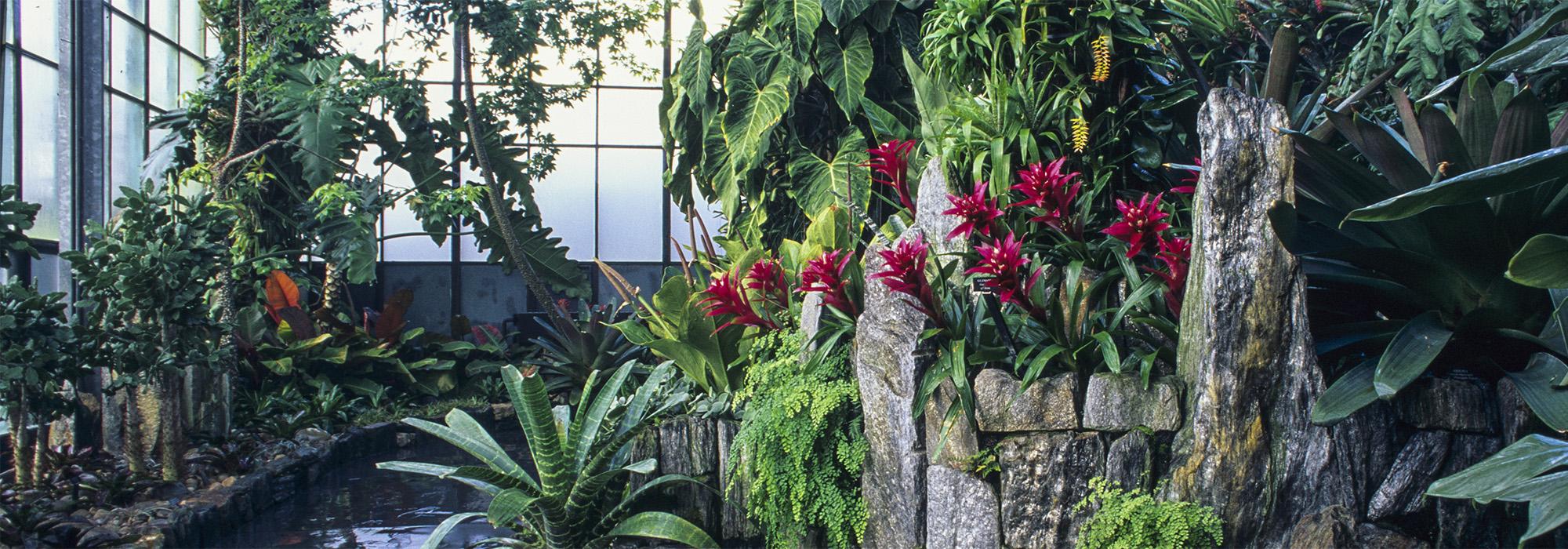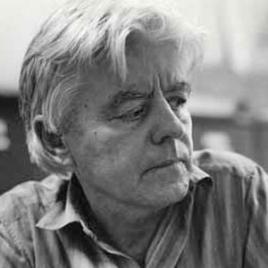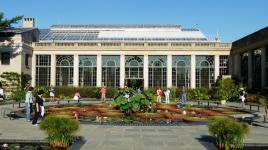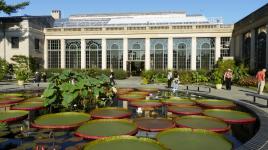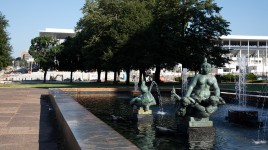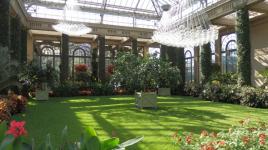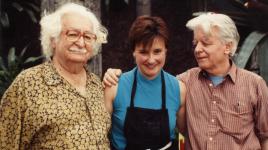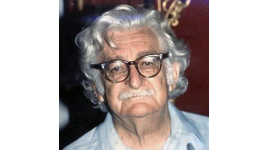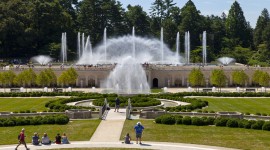Pioneer Information
Born in Genoa, Italy, Hamerman grew up in Switzerland and Brazil. He arrived in the United States in the 1940s and studied architecture and planning at Cornell University, graduating in 1954 with a B.S. in land planning. Hamerman practiced landscape architecture in Rio de Janeiro, Brazil, from 1954 to 1955, working in the offices of artist and landscape architect Roberto Burle Marx and of Belcher Associates. He returned to the United States and was employed by several landscape architecture firms from 1955 to 1959, including Joseph Gangemi & Associates (where he met and mentored fellow Cornell alumnus M. Paul Friedberg), Bye & Hermann, Clarke & Rapuano, and Leo Novick, Landscape Architects.
In 1959 Hamerman was awarded a two-year Fulbright Fellowship and a study grant from the Italian government (the “King’s Grant”), which allowed him to pursue an in-depth study of Italian Renaissance art, architecture, and gardens. Between 1967 and 1986, he taught, lectured, critiqued, and directed programs at Cornell University, the Longwood Gardens Graduate Program, the University of Delaware, the City College of New York, and the Harvard Graduate School of Design. He also operated his own landscape architecture practice, Conrad Hamerman Landscape Architecture, in Philadelphia, Pennsylvania, designing estate and residential gardens in the United States, Switzerland, and Brazil, including the Stream Garden at Ashland Hollow, the residence of William and Nancy Frederick near Wilmington, Delaware.
Beginning in 1963, Hamerman acted as the U.S. representative for Burle Marx, spending much time and energy bringing recognition to the artist and his work. His collaborations with Burle Marx included the designs for an interior garden for the Brazilian Exhibit at the Commercial Museum in Philadelphia; the Cascade Garden at Longwood Gardens in Kennett Square, Pennsylvania; the Kentucky Botanical Gardens in Louisville; and The Oleta River State Park and Biscayne Boulevard in Miami, Florida. Hamerman was named a Fellow of the American Society of Landscape Architects in 2006 at the age of 84. He passed away due to complications due to a heart attack on September 14, 2014.



